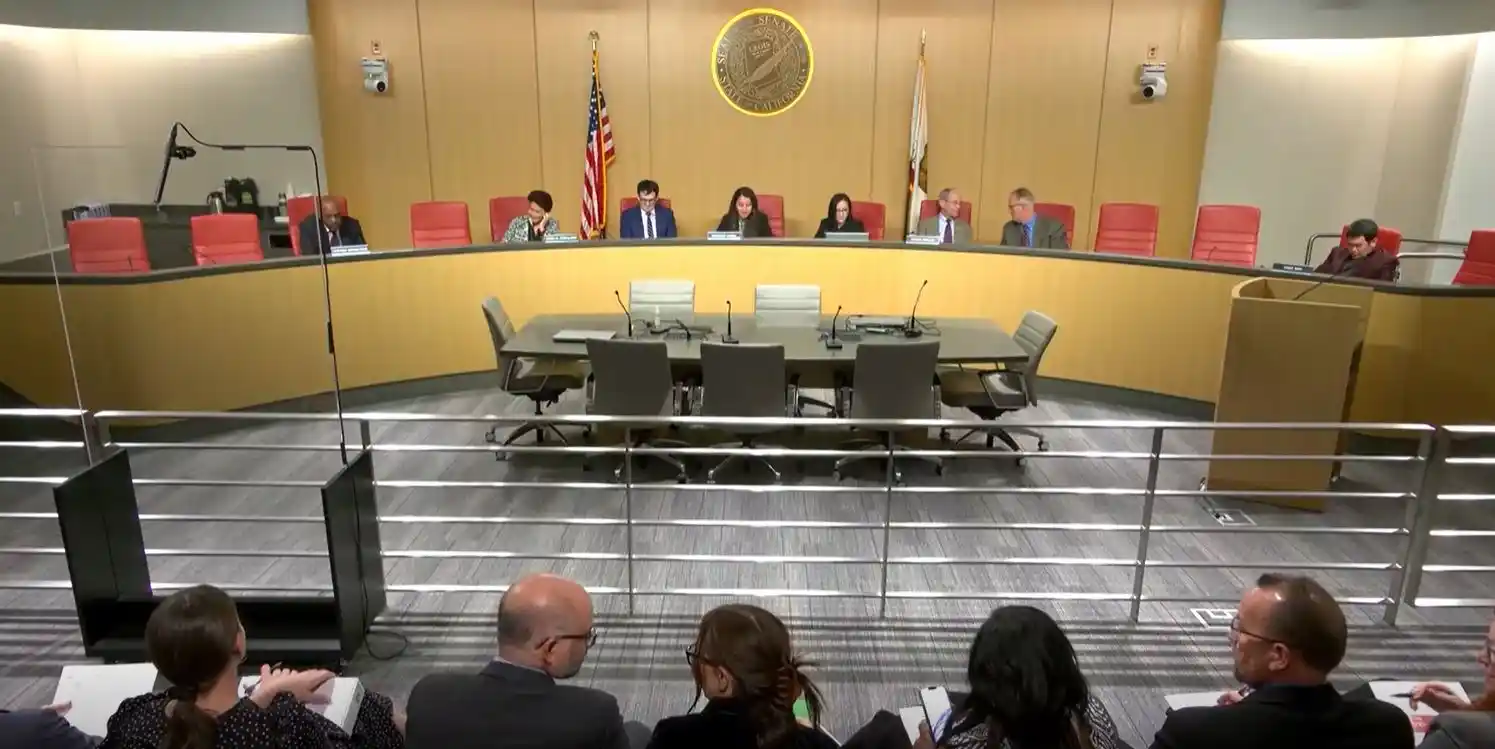Regulators are increasingly turning their focus to the crypto space, and consumer protection continues to be a major theme.
What can businesses do to show they take consumer protection concerns seriously? Start with disclosures.
There are two trends in cryptocurrency we’re watching: first, the steady increase of consumer adoption, and second, the increase in regulatory interest in crypto markets, particularly at the state level.
These two trends are related. More consumers are coming to cryptocurrency for the first time, with some analyses showing that new crypto users doubled last year.
In tandem, more state regulators are doing their due diligence on cryptocurrency, legislative proposals are being debated, and entire regulatory frameworks, like the recent AB 1864 in California, are set to go into effect with the new year.
The days of “no action” status, when most state regulators had no formal opinion on how to regulate cryptocurrency businesses, are slipping into the rear-view mirror.
We’ve long warned that “no action” compliance couldn’t last. As consumer adoption continues to increase, more states will experiment with regulatory oversight of crypto, and more businesses will find themselves with more compliance responsibilities to manage, particularly if they operate in multiple states.
Businesses on the cutting edge of AML compliance will have a unique advantage as states experiment with regulatory oversight of crypto. They’ll have better resources in place, established relationships with regulators, and a familiarity with how regulators operate and how examinations are conducted.
Still, even crypto companies with robust AML compliance are likely underprepared for state regulatory oversight. Their AML compliance programs are designed to comply with federal regulations designed to fight financial crime and protect the integrity of the financial ecosystem. The states will focus more on consumer protection.
For companies operating in “no action” states, even the strongest AML compliance programs, policies, and procedures, are most likely not prepared to adapt to state regulatory oversight.
So, what can businesses that care about compliance do put themselves in the best possible position to adapt quickly and efficiently with hypothetical state regulatory oversight?
Start putting consumer protection protocols in place today.
A good place to start, as noted in the intro, is consumer disclosures.
More consumers are entering the crypto space. This means that an increasing number of your customers will likely be first-timers, making their very first bitcoin purchases through your business.
Don’t assume that they’ve done all of their research and know everything that they need to know about how cryptocurrency works, and what the risks are.
As business owners that care about compliance, you play a large role in educating consumers. We encourage you to proactively get into the mind of the consumer protection, or, to get into the mind of the consumer.
A first-time purchaser of crypto doesn’t necessarily know these things that you take for granted, which is why disclosures are important.
That’s why we put together this article; to help business owners get into the mind of first-time consumers, and to put themselves in a position to proactively respond to impending state regulations focused on consumer protection, here are three risk areas that you can add to your protocols to help educate new crypto consumers before they make a purchase.
1. Cryptocurrency is unregulated
While there are cryptocurrency-specific regulations at the federal level and in some states, your consumers need to understand that in contrast to banks or other traditional money services businesses, cryptocurrencies are comparatively un-or-underregulated.
This means that there is no central authority or group or individual that is in control of each cryptocurrency network (e.g., the bitcoin network). All activities conducted are strictly voluntary, with limited protection from regulation.
2. Cryptocurrency is volatile
Though price speculation creates volatility in every asset market, it’s a particular problem within the unregulated crypto market. Blockchain forks, “crypto winters,” and other major events can significantly impact the value of held crypto funds, and cause them to depreciate dramatically in a short period of time.
Thus, consumers need to be aware of the risk of substantial investment loss, should an event cause the price of a cryptocurrency to drop by hundreds, or thousands, of dollars almost overnight. While crypto markets have shown a capacity to “rebound,” it’s still a young industry and nothing is certain.
Additionally, there are other risks similar to price volatility relating to the security of cryptocurrency as an investment that consumers need to be aware of. These include:
Human error
Cryptocurrency lost or misplaced through human error is all but impossible to recover, and is not ensured. If a crypto token is lost, the funds remain on their respective blockchain forever, unable to be accessed by anyone without the key.
Human error is a significant risk that impacts the entire cryptocurrency ecosystem. A recent study estimated that as many as 4 million mined bitcoins have been irretrievably lost.
Tell your customers, especially first-timers: hang onto those keys!
Irreversibility
Cryptocurrency transactions are designed to be irreversible. Consumers need to understand that by design, all transactions will be final.
Taxes
While you don’t want to be offering your customers legal tax advice, you should make them aware that cryptocurrency transactions generally constitute taxable events. While you don’t need to educate them as to their specific tax liabilities, you should make them aware that they will likely bear tax liabilities if they transact with you.
Cybersecurity
Cryptocurrency is still highly vulnerable to hacking and sophisticated cybercriminals. This is an ongoing problem within the space and has been a major concern since inception. Consumers need to understand that their funds are not protected or insured the same way their bank protects and insures their checking and savings accounts.
3. Scams are a significant problem
We have dedicated an entire series at the BitAML blog to the threats posed to consumers by scams in the cryptocurrency market.
While scams aren’t by any means unique to cryptocurrency (in fact, crypto scams are typically re-runs of the same tried-and-true scams that have plagued consumers for decades), other risks posed by cryptocurrency as outlined above may put first-time customers at a heightened level of risk of exploitation.
Some of the most important points a consumer needs to be aware of include:
- Fraudsters are attracted to cryptocurrency for the reasons outlined above (e.g., irreversible transactions)
- Funds are instantly available anywhere in the world
- Crypto offers certain privacy protections and pseudo-anonymity
Key takeaways for your compliance
Helping your customers by educating them about the risks of transacting cryptocurrency sends a positive signal to regulators that you take consumer protection seriously and can be seen as a partner in the fight against financial crime.
It also prepares your business to better comply with state regulations which will emphasize consumer protection. While most states are still “no action”, it’s important to remember that this status can change any time, and often without warning.
Given some of the major movements we’ve been tracking in the regulatory space, that time is coming sooner than you think. If you’re concerned about your consumer protection capabilities and want to make sure you’re as prepared as possible to comply with state regulatory oversight, reach out to BitAML for a free consultation today.


